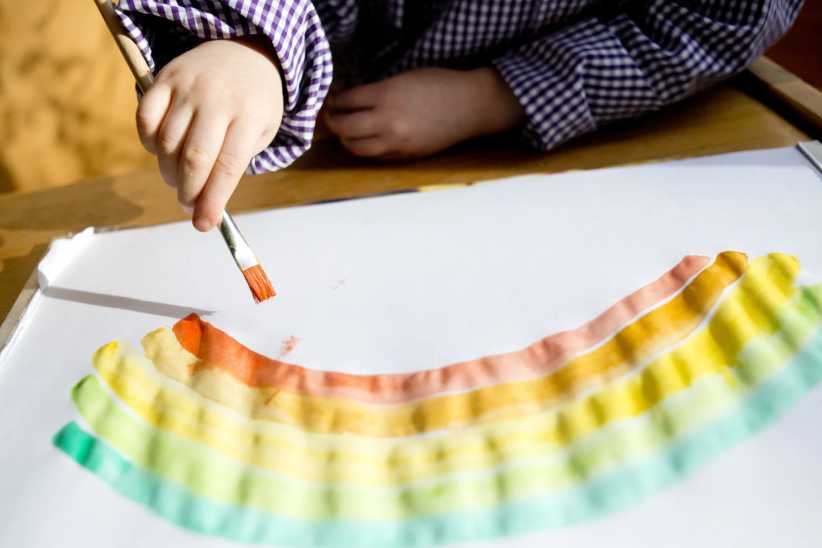Autism is a developmental disorder that affects about 1 in 68 children in the United States (though some estimates are much higher). Autism makes it tougher for children to communicate well with others, and often leads to serious behavioral differences and challenges. It also includes symptoms of sensory dysfunction: children with autism may be very sensitive to bright or flashing lights, loud noises, strong tastes, and smells. Autism does begin in childhood, but it is a lifelong disorder–and while there are many treatments, there is no cure.
Because autism causes such a range of difficulties and challenges, it can be tough to manage. Because kids with autism behave and think differently, it can also be difficult to parent a child on the autism spectrum.
RELATED: Find kids’ healthcare professionals near you.
Parents in the United States are increasingly aware of autism, and many are on the lookout for possible symptoms. Early diagnosis can lead to more effective treatment.
Why Autism Is So Tough to Diagnose
The most important thing to know about autism is that no two people with the disorder look or act the same. Some are super-chatty while others have no spoken language at all. Some are able to do very well academically, while others have almost no academic skills.
That’s why there’s a saying in the autism world: If you know one person with autism, you know one person with autism. So if people with autism are so different from one another, how do you go about determining whether a child has “signs of autism?” The answer is: It’s tricky.
Many of the signs of autism can also be signs of other disorders or of mild developmental delays. If you do see any of the signs described below in your child, it’s very important to talk to your doctor and have a full evaluation to rule out other issues that could be causing the problems.
Autism Starts in Very Early Childhood
When observing your child for signs of autism, it’s important to remember that, by definition, autism must be present before the child is 3 years old. Some children have such mild symptoms that they aren’t obvious until the child is older–but, looking back, you must be able to note that the symptoms were present.
If symptoms suddenly appear in an older child or teen with no hint of them previously, they may have any of a number of disorders, but not autism.
Signs That Might Indicate Autism
None of these signs alone indicates autism–but if they arise, they’re worth checking out.
Lack of communication skills. Very young children may not have spoken language, and late talking, in itself, is not necessarily a sign of autism. But if your child is not babbling, pointing, gesturing, pulling you, or otherwise communicating his or her wants and needs (once he or she is old enough to do so), bring the issue up to your pediatrician.
Problems with social interaction and joint attention. All young children “parallel play,” meaning that they sit in the same space with other people but play on their own. Most children, though, are also able to pay attention to the same thing as someone else, sharing the experience. If your child is only interested in playing alone, and is unable to engage with others, talk with your doctor.
Need for repetition. Most young children enjoy hearing the same stories, watching the same videos, and eating the same foods over and over again. Children with autism, however, may want to repeat the same meaningless actions over and over again, for no apparent reason. For example, a child with autism might flush the toilet over and over again, or make the same meaningless noises over and over. If you see this behavior in your child, check it out.
Sensory issues. Many people without autism dislike bright lights and loud noises. Some children with autism, however, can be so overwhelmed by sensory input that they fall apart completely. If your child is overwhelmed by sensory experiences, do check it out: it may not be autism, but it certainly an important concern to address.













